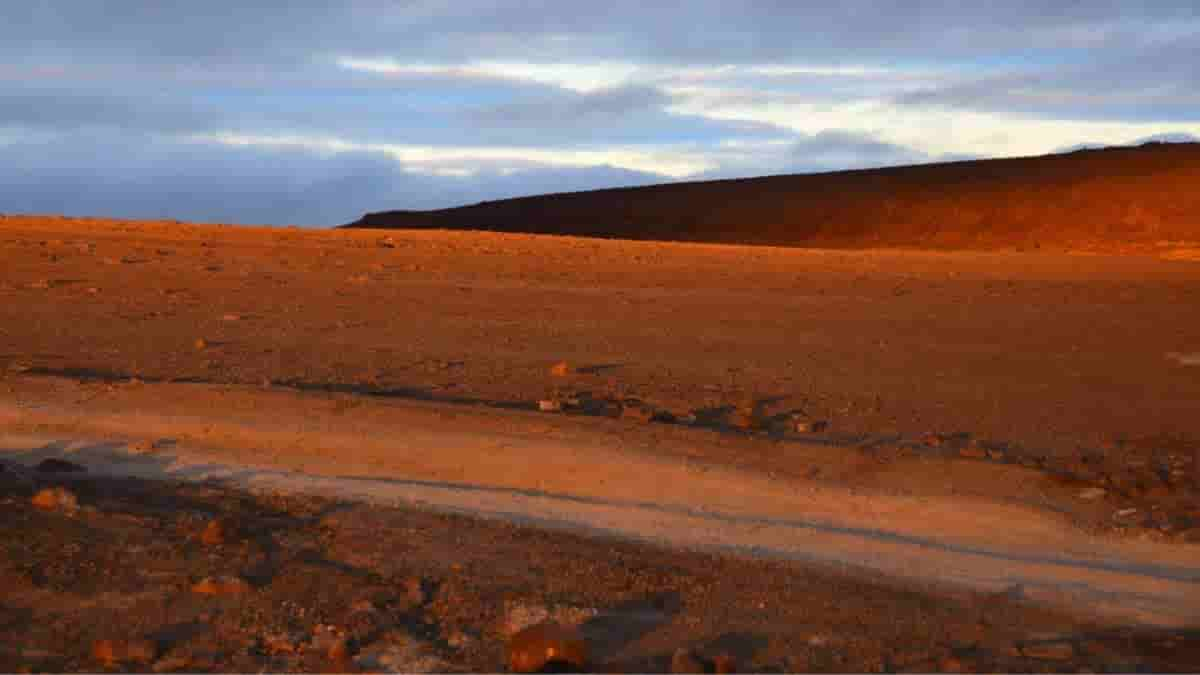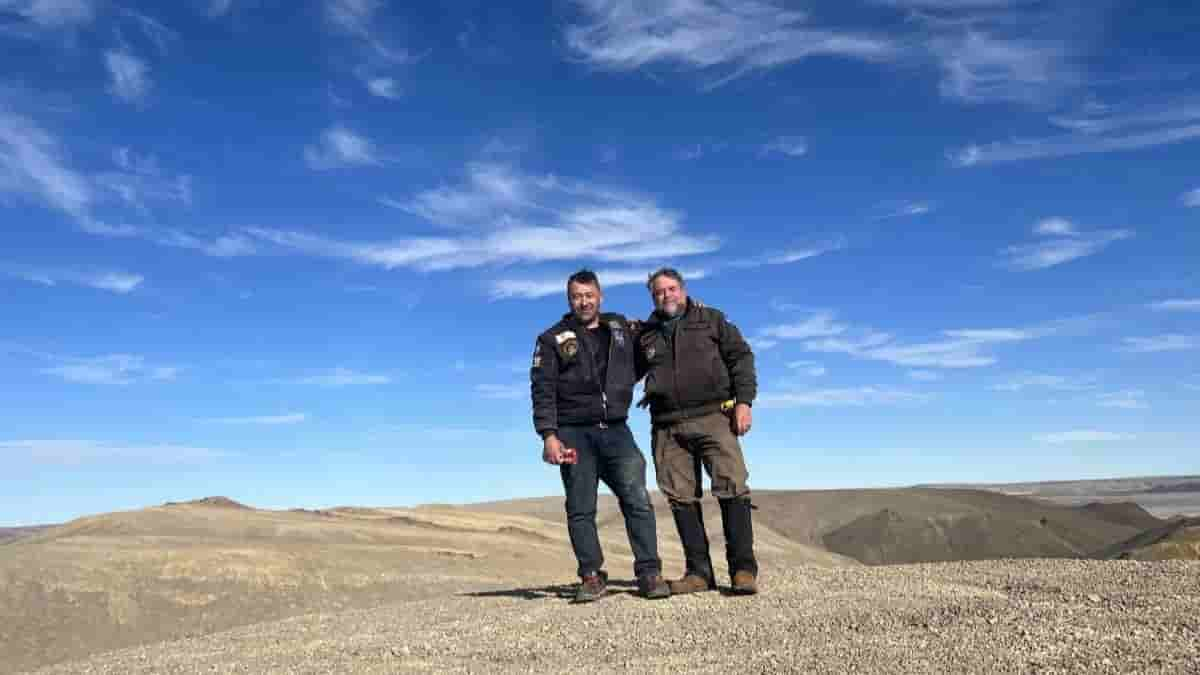Here is an experience shared by a space historian on “A Month on Mars”

Rod Pyle, a space historian and author who has created and offered executive leadership and innovation training at NASA’s Johnson Space Center. Rod has gotten praise and appreciation for his work from the departing Deputy Director of NASA and the Chief Knowledge Officer of the Johnson Space Center. Here is an experience shared by Rod on a month on Mars.

The Haughton-Mars Project on Devon Island served as a reminder of both one conceivable future and our frenzied and violently altering past. It is a vast, desolate, and ominous terrain, covered in grit and dust, with boulders and other structures that are uniformly sharp enough to sever skin. However, the far views show gentle undulating plains with sporadic buttes, gullies, and low hills. The valleys wind interminably from one place to another, with a few trapped lakes of brilliant meltwater scattered everywhere.
It has features that have been sculpted over eons by beautiful but extinct glaciers and regularly polished by scouring, grit-filled, fierce winds. It is primarily red in color. And despite all the risks posed by its rocky surface, magic lives there. The landscape makes false claims about nearby and distant features, making it impossible for someone who lives in a city like myself to judge distance by sight. There are no bushes, trees, electricity wires, buildings, or other obstructions. The majestic boulder resting in the midst of the plain could be ten feet tall or three times that height, and the valley to the left could be two miles away or just a few hundred yards away.
Although lateral visual estimations could be off, this is not extremely concerning. But after a while, the outrageously inaccurate perceptions of z-axis distance—that is, the distance between you and another object—agitate the primitive brain.
Rod made a point of thinking back on the trip and making sure that he committed each event — and the location itself — to memory, and in as vivid a way as possible while he went through the motions to help tie up the visit. Although difficult, the surroundings are an utopia compared to Mars.
For the rest of his days, he said, he will think back on this trip. “I had dreamt about living on Mars since I was a little boy during the Space Race as a result of my obsessive reading of science fiction. Although there is still a long way to go before humanity settles on other planets, with the NASA Artemis lunar program’s first flight just a few weeks away, we would finally be making progress after 50 years “Rod stated.


